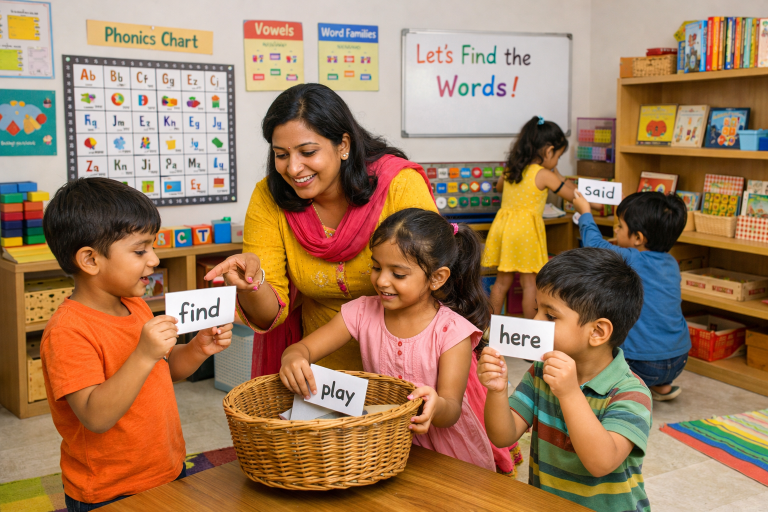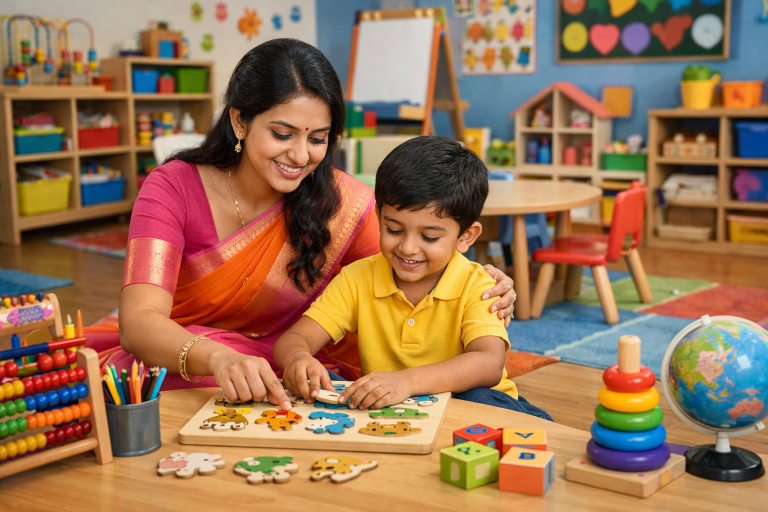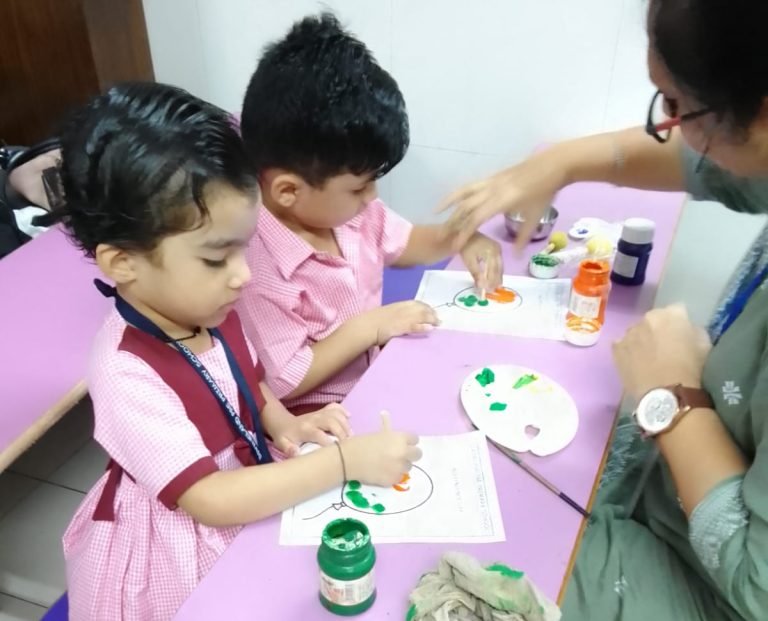
Toddler Tantrums are a vital part of growing up, but they can feel tough for both kids and parents. These sudden rushes of emotions happen when kids battle to clarify what they want or sense. From crying and stamping feet to loud screams, Toddler Tantrums can test endurance and calm.
Accepting why they occur and learning simple ways to react can make a great change. By understanding Child Tantrums with care and the right methods, parents can guide their child through these difficult moments while building trust and emotional power.
Why Toddler Tantrums Happen?
Toddler Tantrums may look dramatic, but they are a normal period of early childhood. Every child goes through this point as they start to handle new moods and desires. Finding the reasons behind these outbreaks can help parents react with acceptance and self-confidence.
Some common reasons behind Toddler Tantrums include:
Hunger
When kids are famished, even small fears can feel overpowering. For example, refusing to eat vegetables might turn into brash crying simply because the kid’s body wants fast energy.
Tiredness
A tired toddler often battles to stay still. A missed sleep can make waiting in line or sharing toys almost hard, leading to frustration and tears.
Frustration
At this age, children want freedom but lack the skills to do everything on their own. Unable to fit a puzzle piece or put on shoes can trigger sudden Toddler Tantrums.
Inability to express feelings
Young kids do not yet have the words to describe emotions like sadness, anger, or Irritation. For example, wanting a toy in the shop but not knowing how to ask tactfully can quickly results in a breakdown.
Need for attention
At times Toddler Tantrums occur simply because the child wants to be noticed. A brash outbreak while a parent is busy on the phone is a common example.
It is necessary to think that Toddler Tantrums are not symbols of bad manners. They are a method for kids to show emotions they cannot yet regulate. These instants show that little ones are learning how to control big moods, check restrictions, and find relief. By seeing outbursts as part of growth, parents can direct children with compassion while setting flawless limits.
Call or WhatsApp on +919082778593 / +918591021373, to enrol your child in DPPS!
Click Here, to download the brochure of Divineland Pre Primary School!

Calming Strategies for Parents
Managing Toddler Tantrums can feel tough, but the right method helps both parents and children handle the situation better. Toddlers are still learning how to cope with emotions, and outbursts often become their way of expressing frustration. With composed responses and clear plans, parents can turn these difficult moments into learning scenarios.
Practical Tips for Managing Tantrums
Stay Calm Yourself
Children often copy their parents’ conduct. Taking a deep breath and keeping a steady manner shows your child that tantrums don’t have to speed up further.
Use Gentle Words
Simple, soothing sentences like “I know you’re sad” or “Let’s try something different” can ease a child and reduce the power of Toddler Tantrums.
Offer Limited Choices
Instead of saying “What do you want to eat?” give two clear picks: “Would you like an apple or a banana?” This helps children feel in control and escapes frustration.
Distract and Redirect
Shifting focus to another toy, action, or even asking for help in a simple task can move attention away from the tantrum. Diversion is mainly effective with younger kids.
Acknowledge Feelings
Saying “I know you are upset because you wanted the toy” checks the child’s anger. Acknowledgement can ease the emotional storm that fuels many Toddler Tantrums.
What Not to Do During Tantrums
- Avoid Shouting or Yelling: Increasing your voice may only build up the tantrum.
- Don’t Give in Every Time: Giving the child what they want during Toddler Tantrums teaches that tantrums are a tactic to get results.
- Never Punish Harshly: Punishment doesn’t teach emotional control; it frequently builds fear instead of understanding.
Building Patience and Consistency
Responding to Toddler Tantrums needs even tolerance. Consistency in how parents react helps children learn that shouting or crying won’t always change the result. Positive support, such as admiring calm conduct or rewarding problem-solving, encourages children to use better methods of venting themselves. Over time, this steady guidance reinforces emotional discipline and builds an improved parent-child connection.
Managing Toddler Tantrums with endurance and the right plans helps children learn how to cope with emotions and develop with self-assurance. Parents play the most important role in managing this course, but fostering a school atmosphere also makes a huge transformation. At Divineland Pre Primary School, children receive the care, attention, and help they need to form emotional power while enjoying important learning experiences. Enrol your child today to guarantee a strong basis for both conduct and development.
Tackle tantrums smartly—choose Divineland Pre Primary School for happy growth!
Call or WhatsApp on +919082778593 / +918591021373, to enrol your child in DPPS!
Click Here, to download the brochure of Divineland Pre Primary School!
FAQs
Why do Toddlers Throw Tantrums?
Tantrums happen when toddlers struggle to express feelings. Teaching them words for emotions helps reduce frustration.
How can Parents Calm a Toddler During Tantrums?
Stay calm, offer comfort, and distract with a toy or story. Consistency in response helps toddlers learn self-control over time.
Can Schools Help in Managing Tantrums?
Yes, schools like Divineland Pre Primary School use structured routines and caring teachers to guide toddlers in expressing emotions positively.


